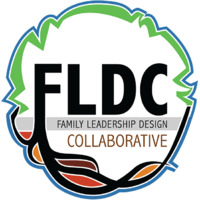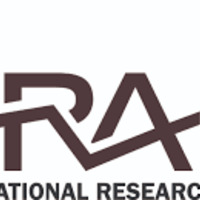Grow Your Own Community Power: Citizens for a Better Greenville
Item
- Title
- Grow Your Own Community Power: Citizens for a Better Greenville
- Abstract/Description
-
Families and communities cannot be equitable partners for schools until schools stop seeking to empower families and communities but rather work to recognize family and community power. This paper highlights the ongoing efforts of Citizens for a Better Greenville, a community based organization in the US rural south that has sought to develop the means by which to train family and community members to recognize and exercise their own power in response to educational inequity and injustice. While the South is not new to communities of color taking up their own power to demand policy change, as with integration, the post-integration context has created new barriers to families and communities fully participating in the issues that impact them the most. In particular, Citizens for a Better Greenville works to disrupt the common empowerment model of family engagement where schools and governments decide what is best for community and provide only a few “acceptable” methods to engage. While the organization has had a history of success in elevating parent and community voices in formal educational spaces, this paper seeks to address the question of scalability and replication beyond the organization at present as well as the process of shifting the paradigm from empowerment to community power. In particular, we ask how can communities and families move from an empowerment model - dependent on schools and governments - to a power based model in which communities advocate for and build what they need themselves.
Past successes of the organization have revealed a willingness to take up injustices within the educational system and solving them with a mix of working within existing policies, advocating for policy changes, and building family and community will-power. This model was key in using special education and ADA funds to open the first summer camp for youth from communities of color and with major developmental needs. Additionally, the organization developed an asset-based community intervention for schools with high push root rates. Family and community members patrolled the halls of the school in order to reduce push-out. Rather than simply serving as hall monitors, however, these community members served as an accountability measure to students and teachers that the community cared about educational success of the youth.
This paper describes the current efforts of this organization to use a design-based research methodology to address the current teacher shortage in the region, predominantly impacting schools serving families of color. Through the co-created design circle process, the organization seeks to expand its efforts to train additional family and community organizers to take up this problem, capitalize on their own power, and identify a solution. Findings from this study surface the political complexity and tensions in community lead racial justice and design based work. Further, this study illuminates the ways families and communities can drive the agenda and shape the solutions for local and state educational policies and inequities. - Author/creator
- Parker, Joyce
- Date
- At conference
- AERA Annual Meeting
- Place presented
- San Antonio
- Resource type
- en Research/Scholarly Media
- Resource status/form
- en Presentation/Poster
- IRE Approach/Concept
- Design Circles
- Co-Design
- Design-Based Research
- Featured case/project
- Citizens for a Better Greenville
-
 Family Leadership Design Collaborative (FLDC)
Family Leadership Design Collaborative (FLDC)
- Open access/full-text available
- en No
- Citation
- Parker, J. (2017). Grow Your Own Community Power: Citizens for a Better Greenville. AERA Annual Meeting, San Antonio.
Annotations
There are no annotations for this resource.

